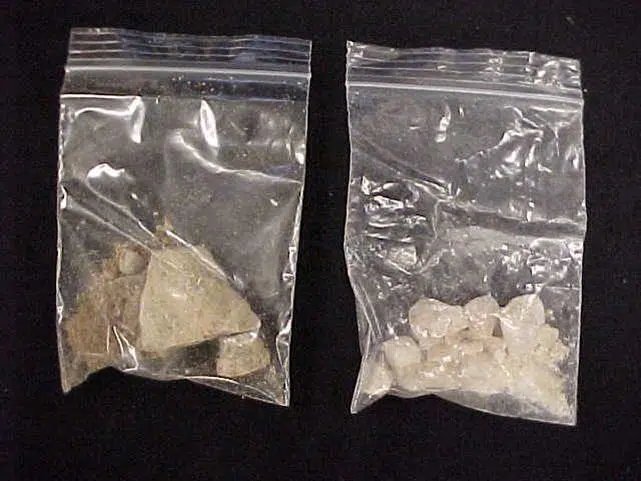British Columbia is the first province to be granted a three-year exemption under subsection 56(1) of the Controlled Drugs and Substances Act to remove criminal penalties for people who possess a small amount of some illicit hard drugs for personal use.
As of Jan. 31, 2023, any British Columbian over the age of 18 who possesses up to 2.5 grams of opioids, cocaine, methamphetamine, or MDMA (ecstasy) for personal use will no longer be arrested, charged or have their drugs seized.
The substances remain illegal, with the provincial and federal governments noting this exemption is not legalization. Instead, police officers will be handing out information on available health and social supports, while also helping with referrals when requested.
“The shocking number of lives lost to the overdose crisis requires bold actions and significant policy change. I have thoroughly reviewed and carefully considered both the public health and public safety impacts of this request,” Carolyn Bennett, the federal Minister of Mental Health and Addictions, said.
“Eliminating criminal penalties for those carrying small amounts of illicit drugs for personal use will reduce stigma and harm and provide another tool for British Columbia to end the overdose crisis.”
B.C. submitted its application to the federal government last November asking for the exemption as part of a public health approach to the overdose crisis.
It said criminalizing drug use increases stigma, while also acting as a deterrent that prevents people from seeking services that could prevent overdoses while causing them to be fearful of calling police when they’re in unsafe situations.
“Criminalizing members of our communities who use drugs has resulted in decades of causing further harm to many who are already suffering from mental or physical health challenges and/or the effects of emotional or physical trauma,” Chief Coroner Lisa Lapointe, said in a statement.
B.C.’s Minister of Mental Health and Addictions, Sheila Malcolmson, says this move is meant – in part – to help knock down the stigma surrounding drug use in the province.
“The coroner of BC tells us between five and seven people a day are dying of toxic drug overdoses, and that half of these deaths are taking place inside a private residents, often when people are alone,” she said.
Malcolmson says the B.C. government will now work with the federal government, health authorities, law enforcement, people with lived and living experience, Indigenous partners, as well as community organizations to establish indicators to establish outcomes.
“Substance use is a public health issue, not a criminal one,” she added. “By decriminalizing people who use drugs, we will break down the stigma that stops people from accessing life-saving support and services.”
In July 2020, the Canadian Association of Chiefs of Police and Provincial Health Officer, Dr. Bonnie Henry, both called for the decriminalization of simple possession of illicit drugs for personal use.
The allowable amount of illegal substances announced Tuesday falls short of the 4.5 grams requested by the B.C. government. It was also already deemed to be too low of a threshold by some drug-user groups that have criticized the province for failing to adequately consult them.
Earlier this year, the head of the Kamloops RCMP said while he is in favour of decriminalizing drugs for personal use, he was not a fan of the 4.5 gram amount, which was “far too high.”
“Four-and-a-half grams is an incredible amount,” Supt. Syd Lecky told City Council. “A tenth of a gram can kill somebody.”
Nearly 10,000 people have been killed of an overdose in the province since an public health emergency was declared by the B.C. government in 2016, including 316 in Kamloops alone.
“This exemption is a vital step to keeping people alive and help connect them with the health and social support they need,” Dr. Henry added, in a statement.
“By removing the fear and shame of drug use, we will be able to remove barriers that prevent people from accessing harm reduction services and treatment programs.”
While applauding the move, B.C. Green Party Leader, Sonia Furstenau, says more needs to be to improve drug policies in general.
“Decriminalization opens the door to further drug policy reforms necessary for reducing the harms and death toll of the toxic drug supply,” she said. “The intent of decriminalization is to reduce stigma, but when possession limits are low it can result in higher potency of drugs, potentially causing more harm and fear of seeking help.”
This exemption will expire on January 31, 2026, at which the province will need to reapply if it wants it to be extended.
– With files from Paul James and The Canadian Press


















